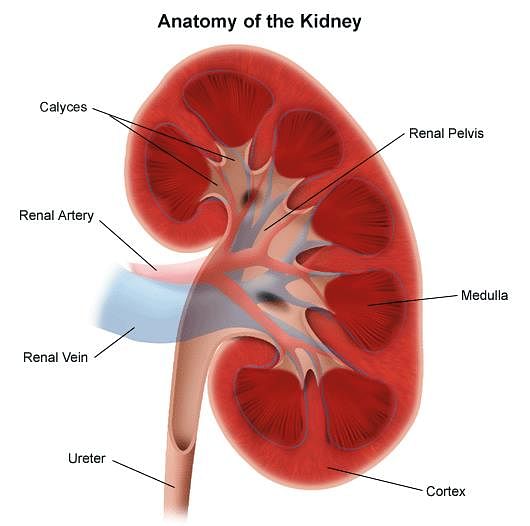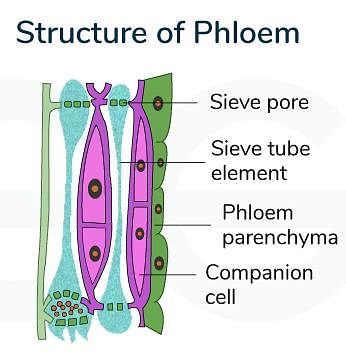Important Questions (2 Marks): Life Processes - SSS 1 MCQ
20 Questions MCQ Test - Important Questions (2 Marks): Life Processes
Choose the correct statement that describes arteries.
Which part of the plant helps to absorb water and minerals from the soil?
| 1 Crore+ students have signed up on EduRev. Have you? Download the App |
It is necessary to separate oxygenated blood from the deoxygenated blood in mammals
Arteries are best defined as the vessels which
Which among the following is NOT a function of the kidney
Which among the following is the major excretory organ in humans?
What is a higher side blood pressure of the normal body-
The manufactured food in a green plant moves from the leaves to other parts through________.
The value of diastolic blood pressure is
Most of the carbon dioxide in the blood is carried in the form of
Which of the following is not a digestive enzyme contained in the pancreatic juice?
i. Lipase
ii. Hydrochloric acid
iii. Mucus
iv. Trypsin
The enzymes pepsin and trypsin are secreted respectively by
Raw materials required in the autotrophic mode of nutrition involves:
i. Carbon dioxide and water
ii. Chlorophyll
iii. Nitrogen
iv. Sunlight
The enzymes contained in pancreatic juices help in the digestion of:
The functional unit of the kidney is________.
Which of the following help in protecting the inner lining of the stomach from the harmful effect of hydrochloric acid?
Which process in plants is responsible for the upward movement of water?
Sometimes we get painful cramps in our leg muscles after running for a long time due to the accumulation of:
Which component of blood transports oxygen?



















